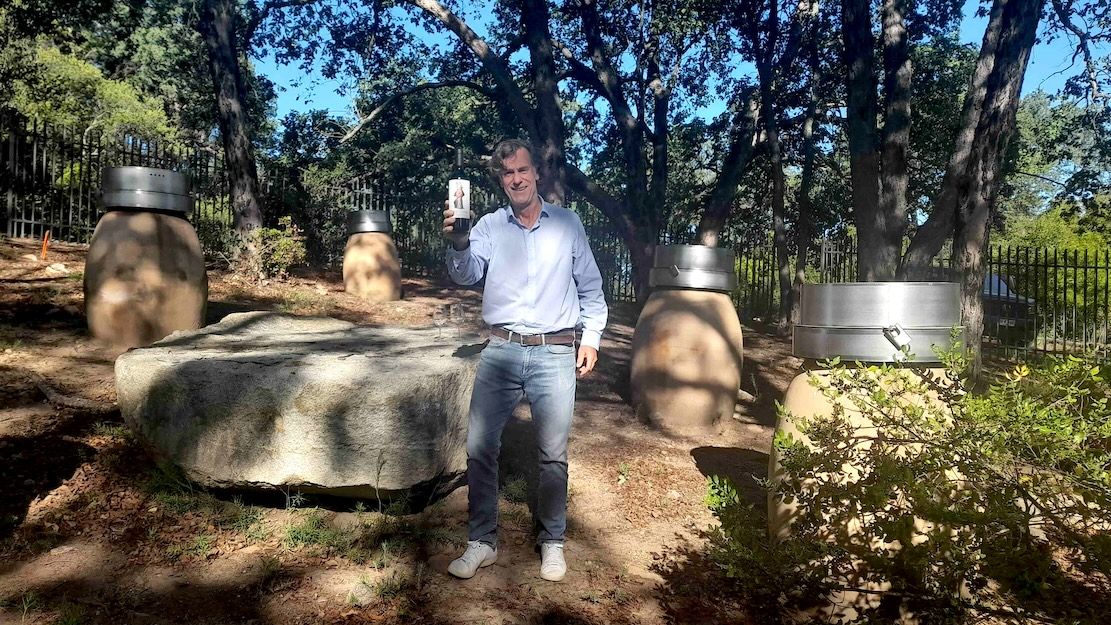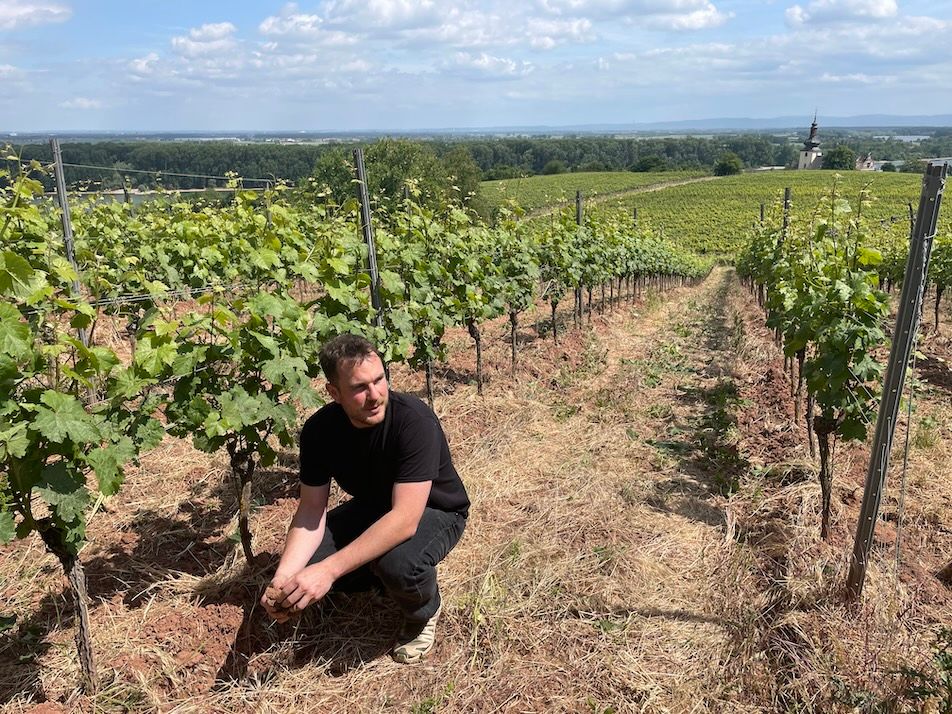You might have the best wine palate in the business, all the certificates and diplomas you can get, but if you are out on a trade deal and can’t close a deal to get the wine your business desperately needs then you are no where in today’s competitive wine industry. Here’s Alistair Morrell’s take on how you can get improve your negotiating skills whichever part of the on-trade you work in.
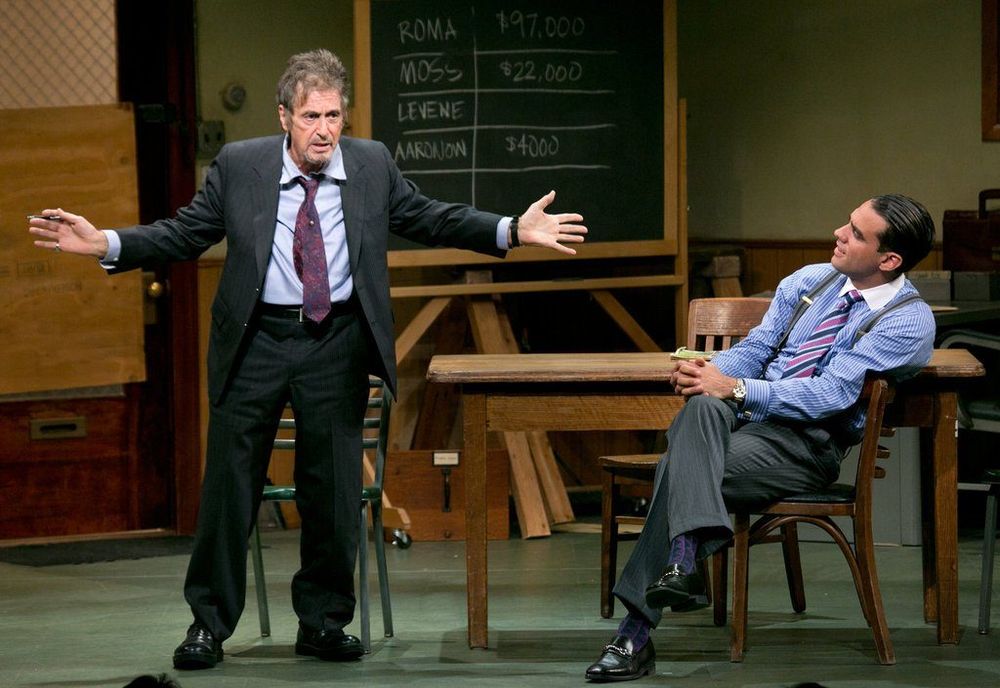
“I can move mountains!” Al Pacino takes his screen role onto the Broadway version of Glengarry Glen Ross
For the first time in a generation or more wine buyers find themselves in a situation where there is less wine available in supply than the market requires – at least that is in total. That makes negotiation as a skill more important than at any other recent era.
How do you approach the negotiations as a producer or buyer – what is the other side thinking and how do you get the best result?
There are three things you need to do before you go into any negotiation: preparation; preparation; and preparation.
If you go into a negotiation unprepared then you will not come out with the best deal available – guaranteed.
Know What You Want
Is it competitive difference or challenge that the business is looking for? It’s a vital difference to know.
What you or your organisation wants is the most important aspect of preparation. Without knowing what the business wants in the first place then you won’t be able to express that in succinct way to the seller or negotiator across the table. And if you can’t do that then you are likely either to come away with nothing, or a lot of what you don’t need. In which case your business might have some questions for you to answer.
Equally you won’t be able to walk away because you won’t know what you need. Walking away is a critical tool for a negotiator’s kitbag.
So analysing exactly what it is that your business wants from the top line business plan down to the specific item can be crucial.
No Substitute for Meeting
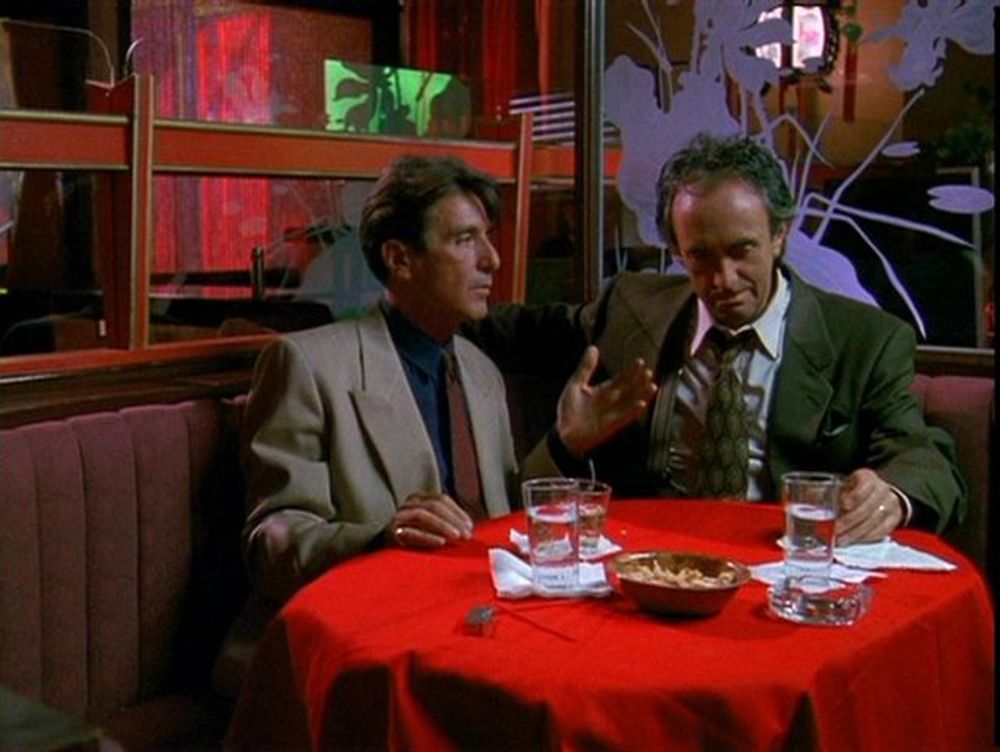
The dangers of being out of your depth in a sales negotiation is played out by Al Pacino’s Ricky Roma character selling unwanted real estate to a unsuspecting stranger in the local Chinese restaurant
Whilst deals can always be done via email and bottle exchange, there can be no substitute to meeting someone for a business deal. However, often the real issue is whether it is worth a meeting?
Consciously make that calculation prior to agreeing to meeting. That doesn’t have to be on a spreadsheet. More than at any era time is money. The more time you spend meeting people is more time you may be wasting in excess energy in directions that are not core to your business aims.
Once you have made that decision then it is important to make that emotional, sincere connection, read the body language, understand their motivations and read the intent.
Know The Category
It is important that what you are asking for is achievable from two perspectives – the frame or category in which you are operating and from the specific organisation that you are negotiating from.
Let’s say that you have identified that your business requires a Domaine bottled Côtes du Rhône and it needs to sell it at £10.
Are the competition selling something similar, have you received offers that allow your business to make a margin and what has happened in the recent harvest? Identify your motivation.
If the harvest is low in volume then how is the quality? What are stocks like?
If it was big in volume then how is the quality?
Remember almost every vigneron known on the planet will say that they have great quality – come rain or shine, low or high volume.
The same goes in reverse as the seller – what is truly achievable from the call you make – what story is their overall business telling currently – what does it tell you about the context of the negotiation?
In other words is your objective broadly speaking achievable?
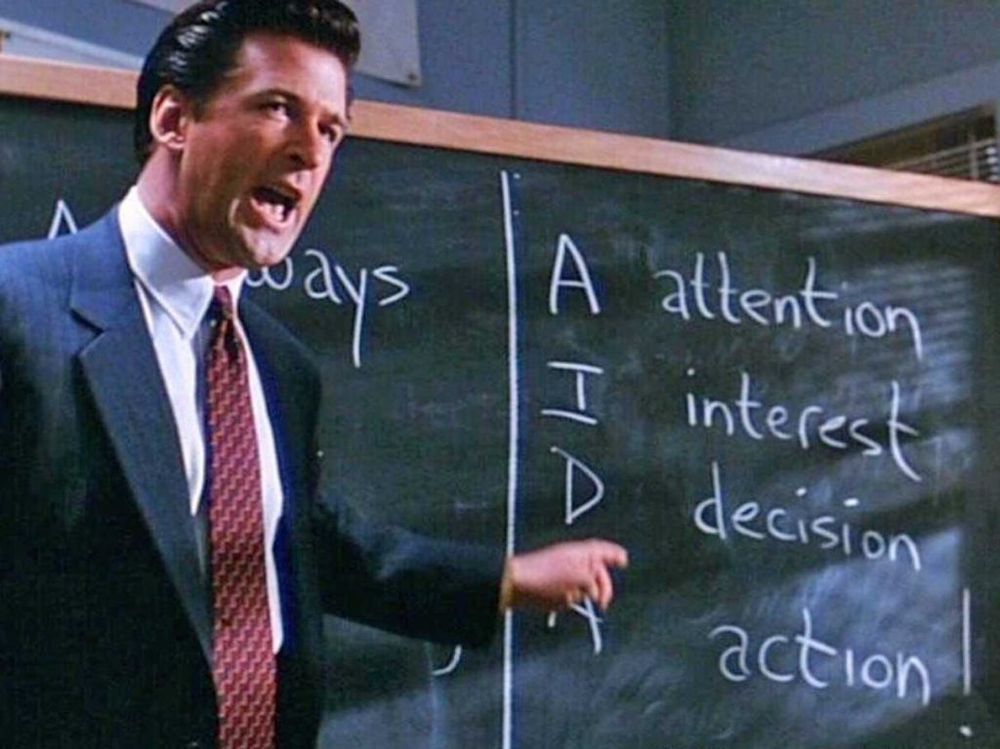
Sales negotiation the Old School way…
Two Ears One Mouth
Listening is often taught as a part of selling technique. An often noted anecdote is that we have two ears but just one mouth! Listen to your customer and they will tell you what they want. Talk too much and you are likely to miss their requirements and therefore your deal, as well as hack off your buyer in the process.
‘Critical listening’ is also an essential part of buying. The more that you can absorb information both on a macro and micro scale the more that you can understand what is available and achievable.
If you listen specifically to your seller, then you are likely to hear how that business is positioned, and therefore whether it is aligned for the short or long term to your business.
Focus on the other side
We often think about what our own business issues or opportunities might be without considering the other side. Take some time to identify, organise and presentationally prepare how the other side might see it.
Re-packaging a simple or core aspect of your proposition might be the difference between success and failure in a negotiation.
So for example in wine terms why is there never a ‘bad’ vintage any more? Partly because technology and winemaking advances mean that if wine has been produced then there are ways in which good tasting wine is produced. It is just that it has different taste properties than previous harvests.
So good winemakers will also make sure that they package up any harvest issues into virtues that contribute to the wine’s taste. Repackage so that the listener hears a good story, and one that they want to hear.
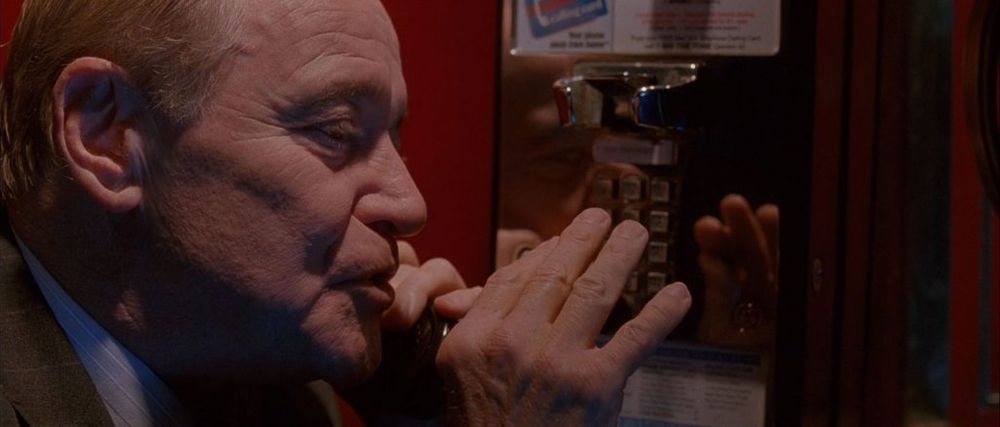
Jack Lemmon showing his skills of persuasion down a payphone…
In the Negotiation
There are three basic stages to negotiation
1 Argument/debate/fact finding
2 Agreement
3 Close
During argument/debate/fact-finding it is important to explore the basics of the opportunity and how the other side see things. This then helps in packaging what you have in terms that they can agree with, which in turn allow you to close the deal. Sounds simple, but merely recognising the different stages is tough.
Closing
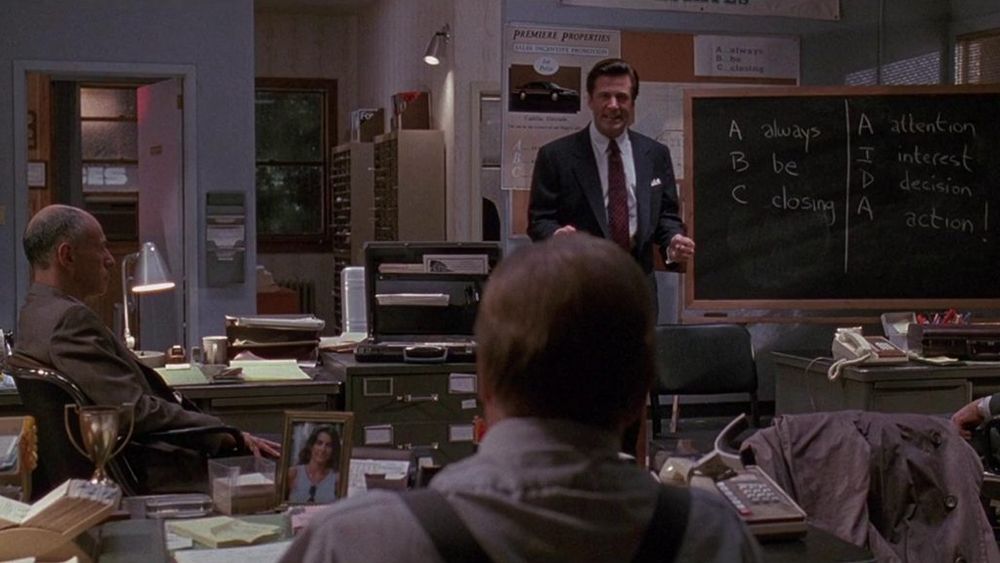
Always be closing…it’s all about getting the deal done.
First of all make sure that you do close. Never leave a negotiation table without summarising, agreeing what has been discussed and hopefully agreed.
In closing never give away something without something in return. It is important to understand the condition on which any offer is made, and if there is no condition then write it down and accept it quietly.
When offering something then always attached a condition – “if you will do this then I will do that”.
Negotiation is an art form and there are good and poor examples of it. But more than anything it is a life skill that learnt well will go with you and that you can self-learn from each new situation. I was fortunate enough to attend a negotiation skills course at which the course leader said that they would be teaching us a life skill. And I can say two decades on – they were right.
- Alistair Morrell, aka The Wine Inspector, offers strategic marketing and communications for the drinks industry. Having bought and sold millions of bottles of wine on and for the UK Market over 30 years, Alistair now helps others achieve their market objectives. You can find out more here www.thewineinspector.co.uk and follow him on @inspectorwine. He will be writing a regular monthly column for The Buyer on different aspects of managing, running and building a business.


